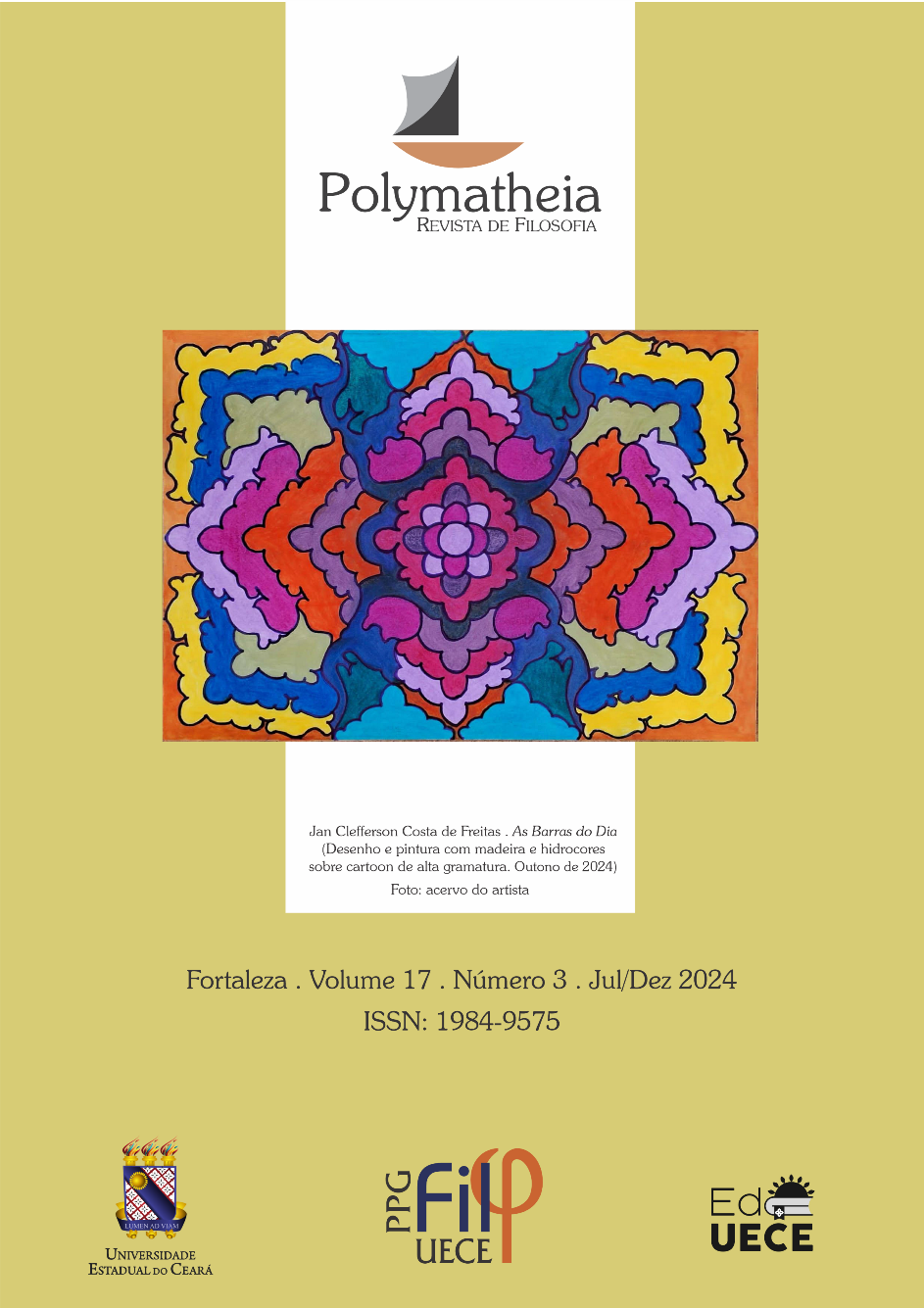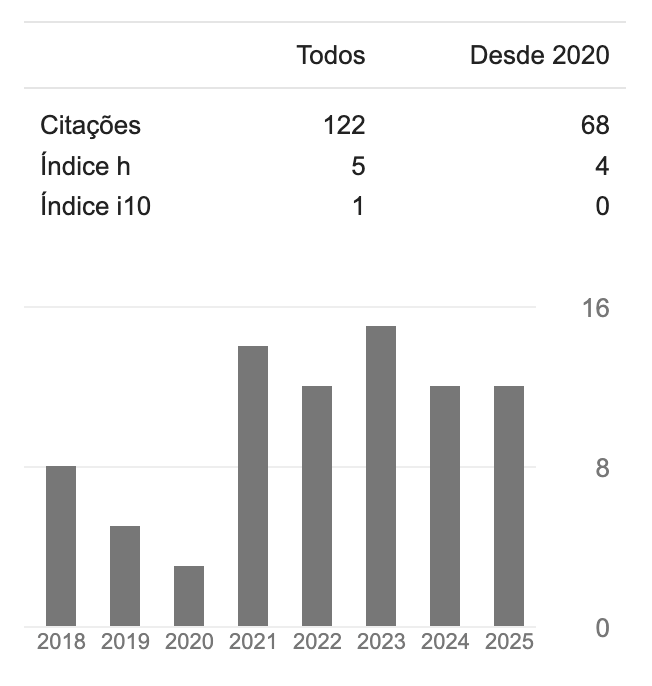PRODUCTION OF KNOWLEDGE IN PHILOSOPHY BLOGS
DOI:
https://doi.org/10.52521/poly.v17i3.14137Keywords:
Rede Social. Aprendizagem. Blog de Filosofia.Abstract
In this manuscript the Philosophy Blog is the object of research. This is a bibliographic study, in physical and online environments; because we also aim to raise theoretical references that involve the proposed theme; to contribute to the elaboration of a hypothesis on the research topic; asserting that Social Networks have a wide range of beneficial information for the individual's knowledge. The theoretical contribution that underpins the reflection is based on Bakhtin's thinking; the relationship with the approaches of studies related to new technologies, and student-teacher training; as well as authors who address the issue. "Someone may ask us: "What is the point of studying philosophy?" And believe that this way of thinking no longer serves. In reality, Scientific Knowledge, – which combines the experience of physical phenomena with the accuracy of mathematical calculation, – is the real knowledge universally recognized as such; after the countless discoveries that have occurred, from Galileo to the present day. Added to these, albeit with a certain margin of uncertainty, are the achievements of the Human Sciences: Psychology, Sociology, Linguistics, Aesthetic or Literary Criticism, History and many others. Thus, both the external world and the human condition gradually reveal their secrets.” Therefore, studies that involve the research topic itself, and also in a virtual environment, are important for the development of human formation.
Downloads
References
BAKHTIN, M. VOLOSHINOV, V.N. Discurso na Vida e Discurso na Arte (1926). Trad. para fins didáticos de Carlos Alberto Faraco e Cristóvão Tezza. S.d.
BAKHTIN, M. Estética da criação verbal. Trad. Paulo Bezerra. São Paulo: Martins Fontes, 2003.
BAKHTIN, M. (V. N. Volochínov). Marxismo e Filosofia da Linguagem. São Paulo: Hucitec, 2006.
BAKHTIN, M. (V. N. Volochínov). Problemas da poética de Dostoiévski. 5ª Ed. Rio de Janeiro: Forense Universitária, 2010.
BRASIL. Ministério da Educação. Secretaria de Educação Média e Tecnológica. Parâmetros curriculares nacionais para o ensino fundamental. Brasília: MEC/SEMTEC, 1997.
FASBAM. Para que serve estuar Filosofia? Disponível em: https://fasbam.edu.br/2023/09/10/para-que-serve-estudar-filosofia/. Acesso em: 12/04/2024.
GHEDIN, Evandro. Questões de método na construção da pesquisa em educação. São Paulo: Cortez, 2011.
GAZETA. Como formar uma geração com o pensamento crítico. setembro de 2023. Disponível em: https://www.agazeta.com.br/educares/educacao-midiatica-como-formar-uma-geracao-com-pensamento-critico. Acesso em: 12/04/2024.
PASSOS, Miriam Barreto de Almeida. [META]linguagem e reminiscências de sujeito aprendente: percurso de história de vida e formação. Curitiba: CRV, 2018.
PASSOS, Miriam Barreto de Almeida. LINGUAGEM E PRODUÇÃO DO CONHECIMENTO: processos interdisciplinares de semioses, retóricas e multirreferencialidade. REVISTA ELITE - Revista do GETEL-Grupo de Estudos em Tecnologias, Educação e Libras, ISSN:26755718, v. 4, n. 4, pp. 99-114, 2020.
PASSOS, Miriam Barreto de Almeida. OLHAR FILOSÓFICO: OS FRACTAIS DA LINGUAGEM. Caderno de resumos expandidos da Semana de Filosofia da FCFS – Ano 1. n.1 (setembro/2021). Feira de Santana, BA: Faculdade Católica de Feira de Santana. Disponível em: https://catolicadefeira.com.br/pdf/. Acesso em: 12/04/2024.
SPADARO, Antônio. Web 2,0: Redes Sociais. São Paulo: Paulinas, 2013.
Downloads
Published
How to Cite
Issue
Section
License
Copyright (c) 2024 Miriam Barreto de Almeida Passos

This work is licensed under a Creative Commons Attribution 4.0 International License.











